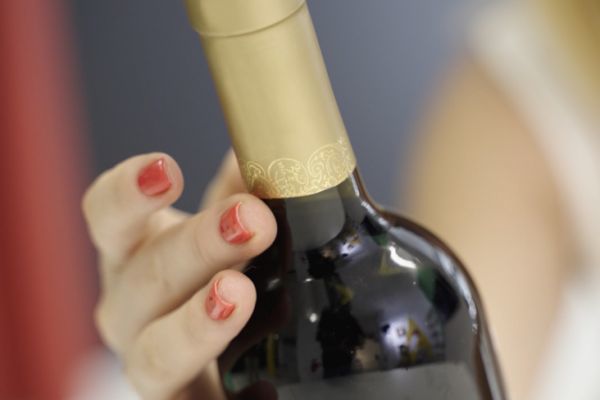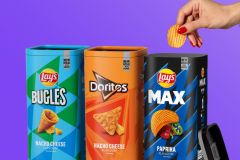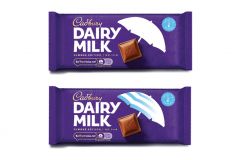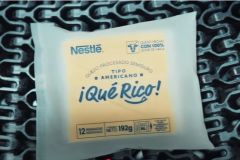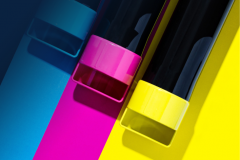According to a study by SenseCatch, commissioned by Crealis, the Italian manufacturer of corking and sealing solutions for still and sparkling wines, the capsule is more than just a bottle closure.
For the producer of capsules and caps, which employs 1300 people worldwide, 30 regular wine consumers aged between 25 and 50 were observed in an environment simulating a supermarket aisle. Researchers analyzed their reactions to bottles of red and sparkling wine, with and without capsules, using a combination of eye-tracking, bio-tracking and qualitative interviews.
The wine capsule, a signal of quality
The results are clear: in nine cases out of ten, participants prefer a bottle with a cap. For sparkling wines, the capsule or cap is the systematic choice.
The study reveals that this element captures attention more quickly and reinforces the perception of quality. Capped bottles are judged to be more polished, safer and more prestigious, and consumers value capped bottles at a higher price than the reference product.
Conversely, a bottle without a cap gives an impression of incompleteness.
The study underlines that the cap also influences wine appreciation during tasting: capped wines are judged to be more pleasant and persistent.
This difference in perception goes beyond the visual. The material's touch, shine and texture trigger a measurable emotional response, helping to build an emotional bond with the bottle.
Capsule and label, an essential consistency
SenseCatch has also observed that graphic consistency between capsule and label is a major recognition factor. A cap integrated into the overall design of the bottle improves brand recall and the perception of its quality.
Metallic or colored versions are more eye-catching and enhance shelf differentiation.
A positioning challenge for the wine industry
"We wanted to objectify what many people felt intuitively" explains Isabelle Gruard, Marketing and Communications Director for the Crealis Group. "This study shows that when it comes to wine, every detail counts, and that the capsule, in particular, can be integrated into the product mix as a genuine marketing tool".
